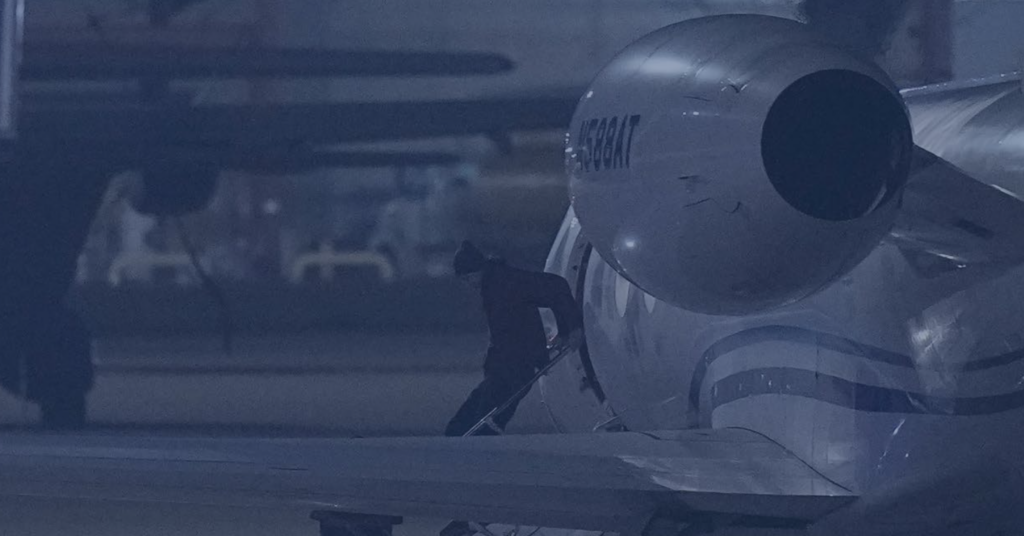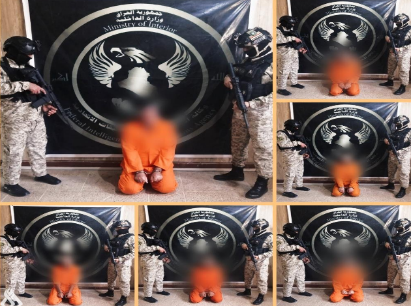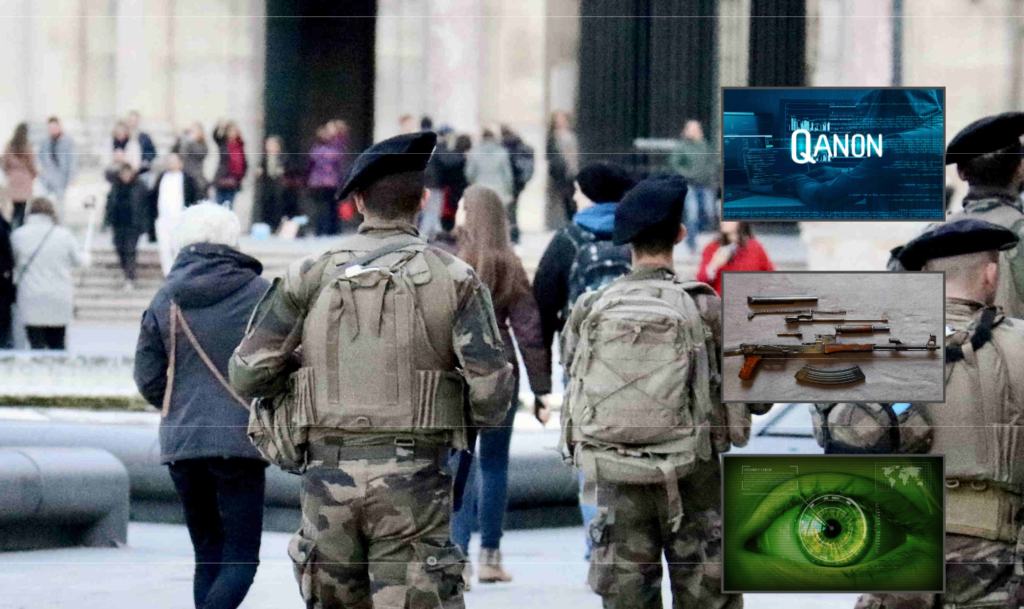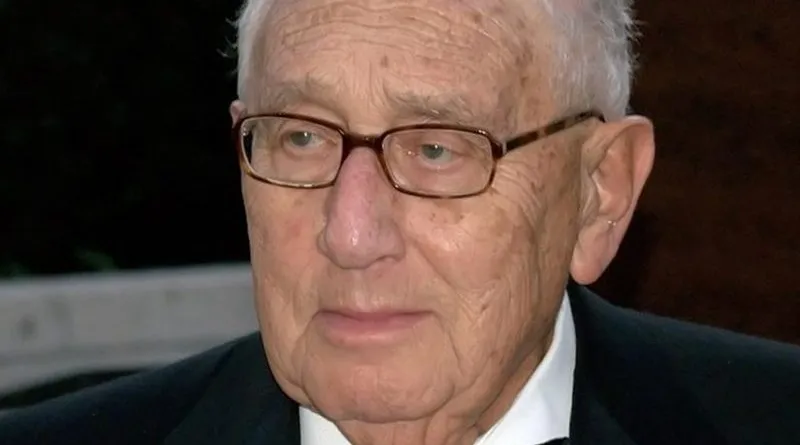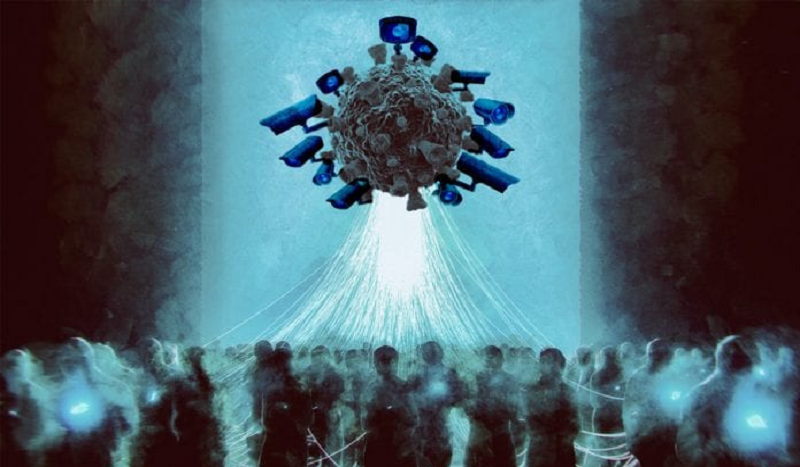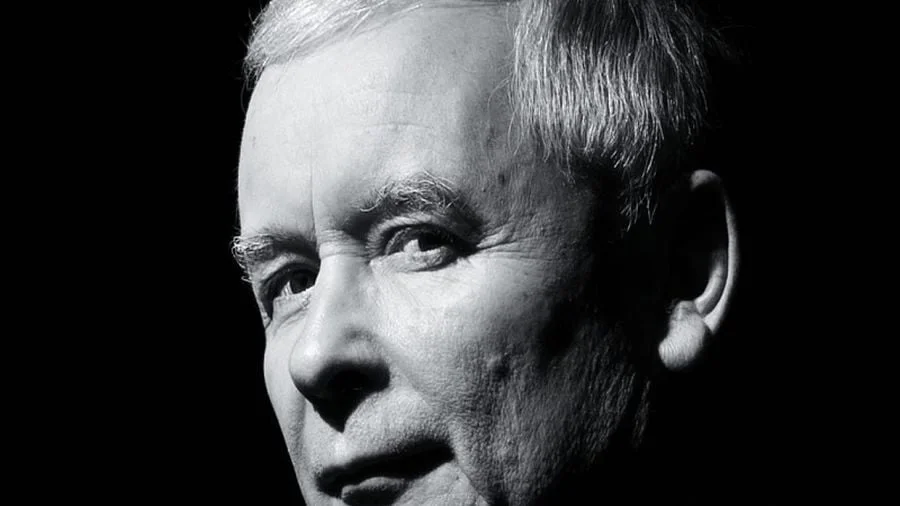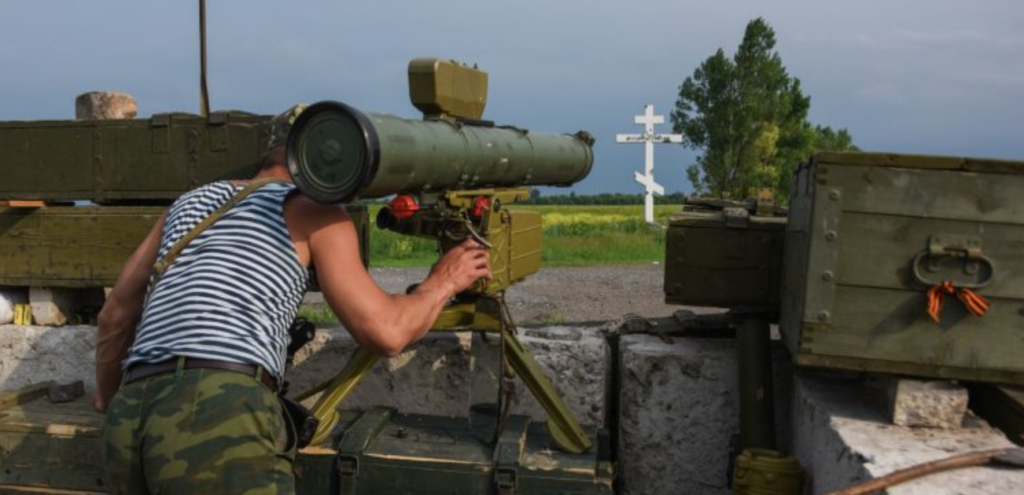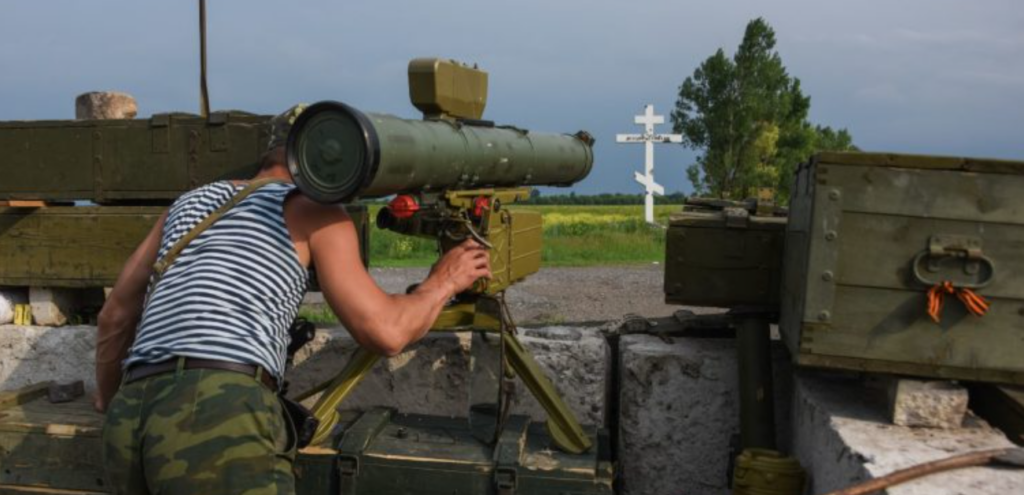The International Standards On Countering The Financing Of Terrorism

Abstract: International recommendations on countering the financing of terrorism have been accepted as the benchmark when drafting national policies against terror financing. Still, the international recommendations are yet to clarify what needs to be included in terrorist financing. This paper examines the necessity to revise the international standards catered to countering the financing of terrorism. The landscape of terrorist financing has changed since the inception of the recommendation about 20 years ago. In addition, the mechanisms in place to identify what is or is not terrorist financing are also explored to better grasp what is scrutinized as terrorist financing on the ground level. In line with that, this paper provides an insight into what could be the components of terrorist financing that need to be considered when revising the international standards on countering the financing of terrorism.

